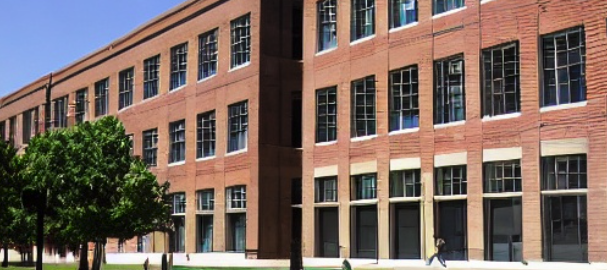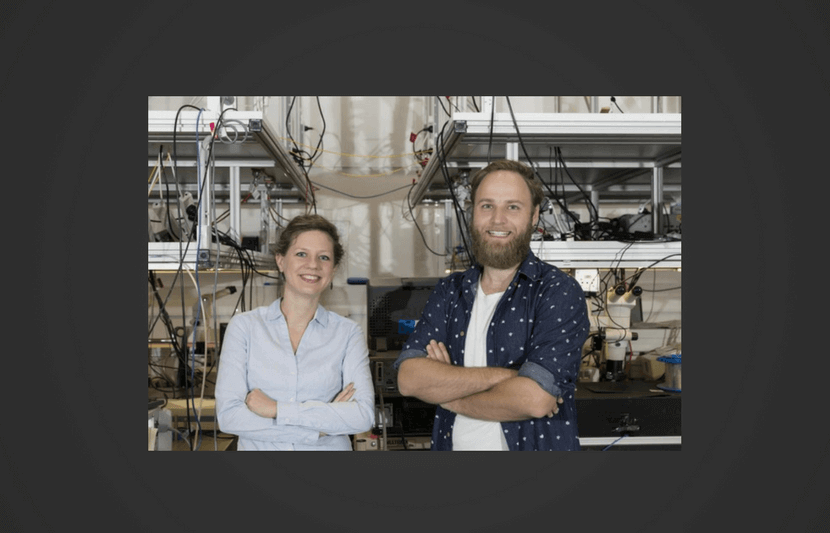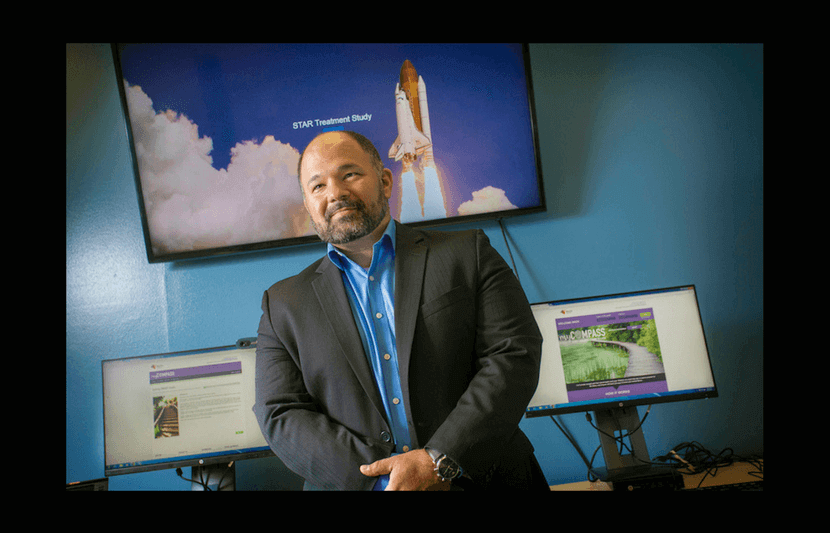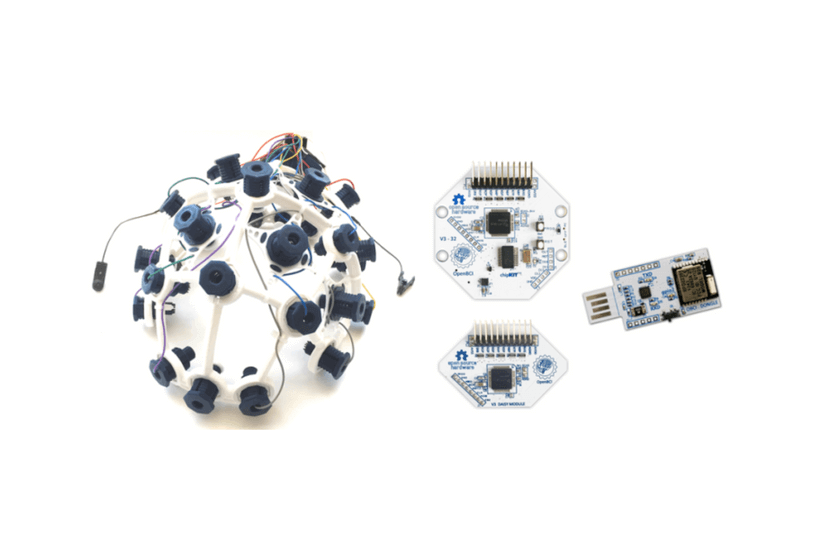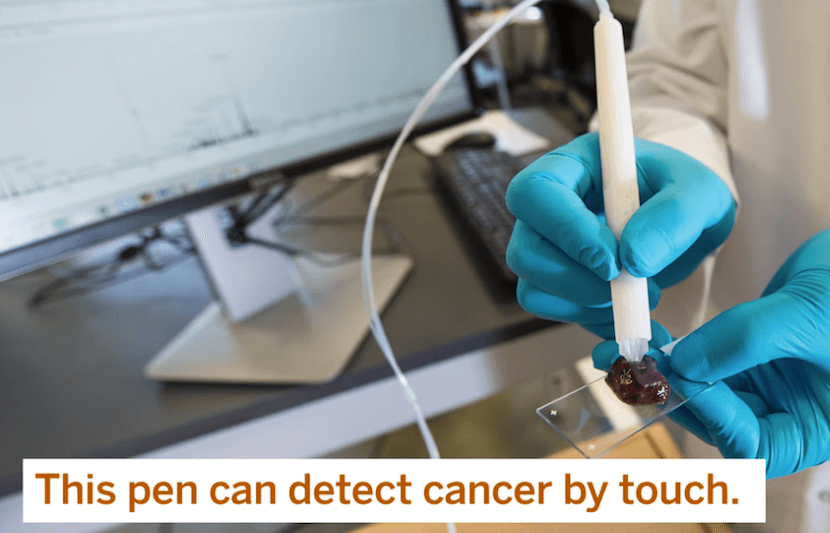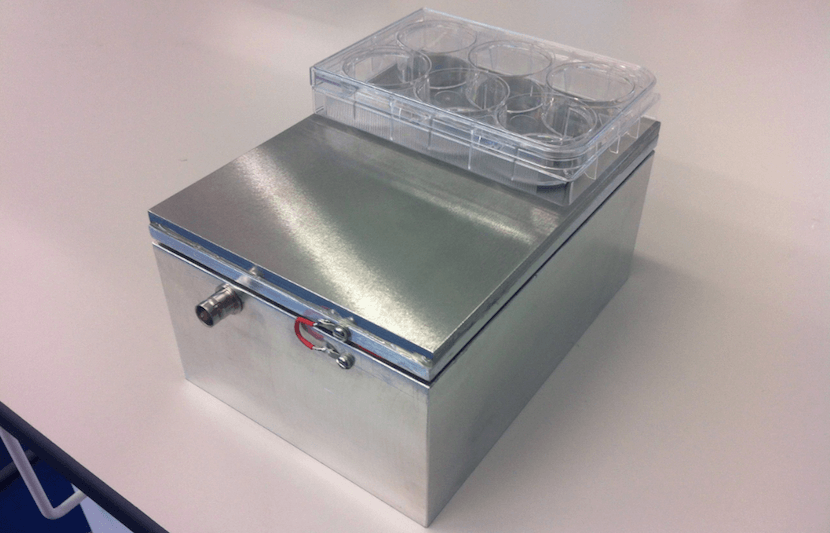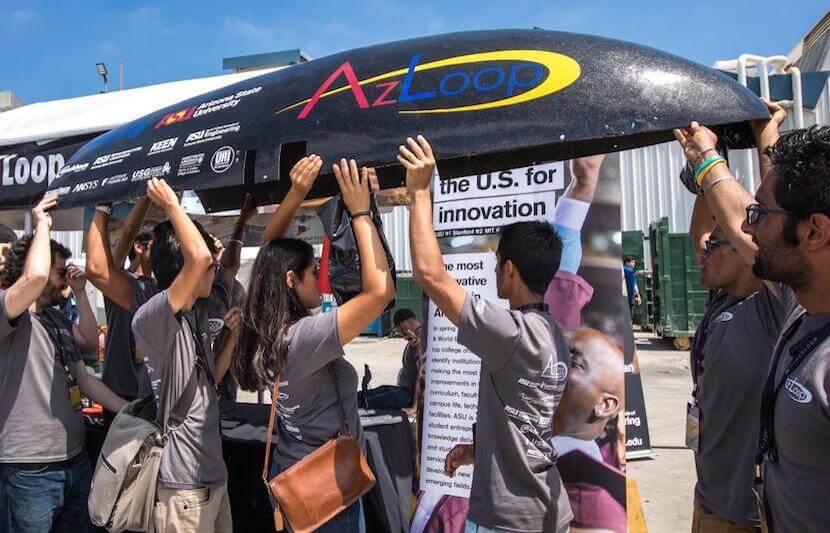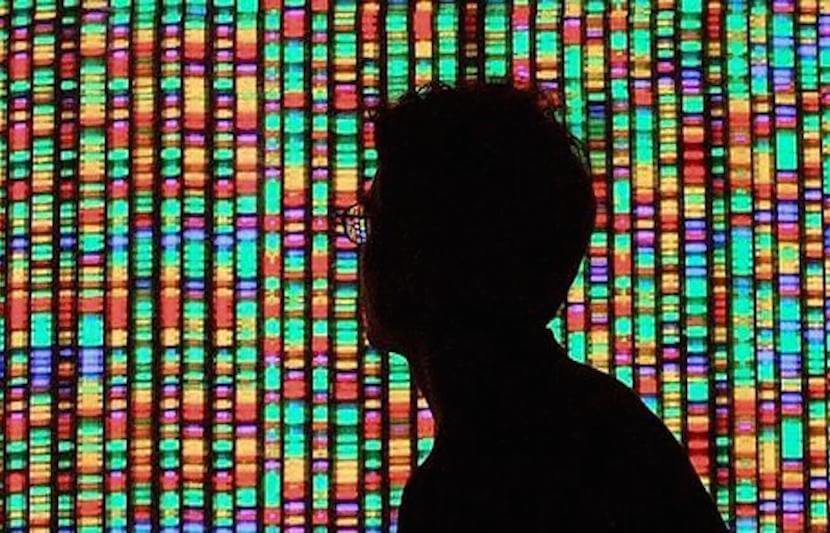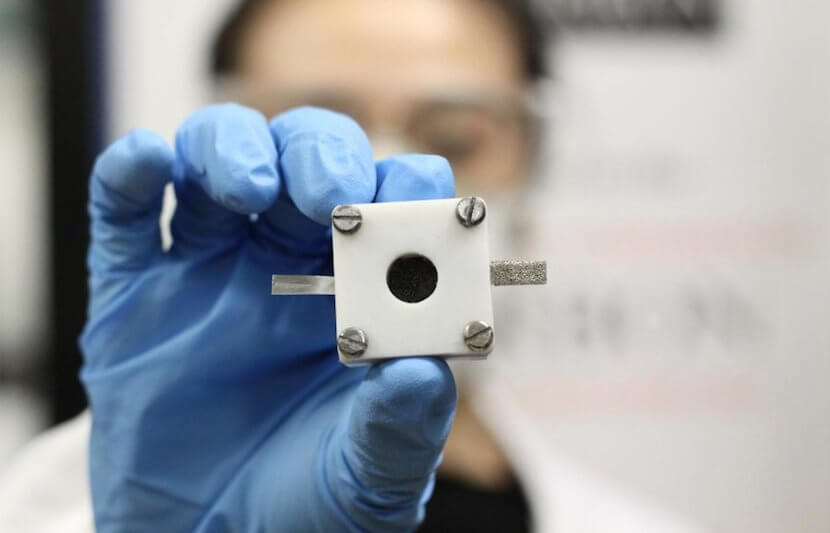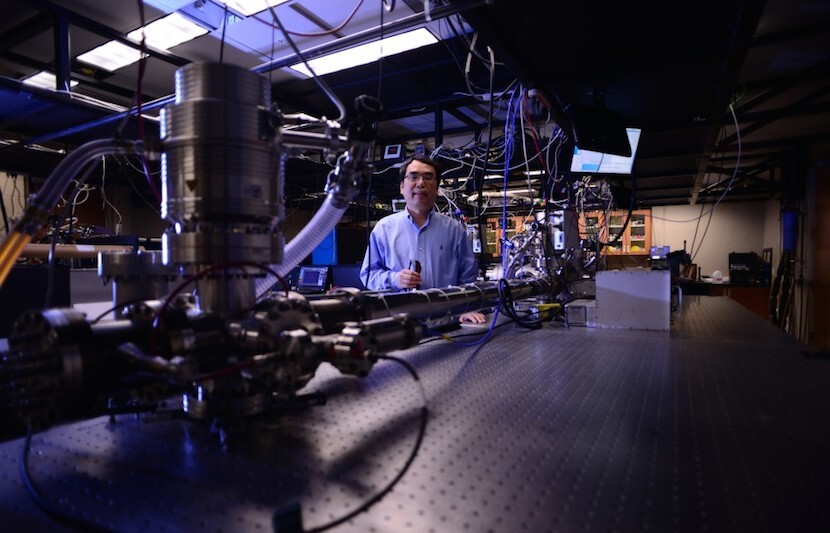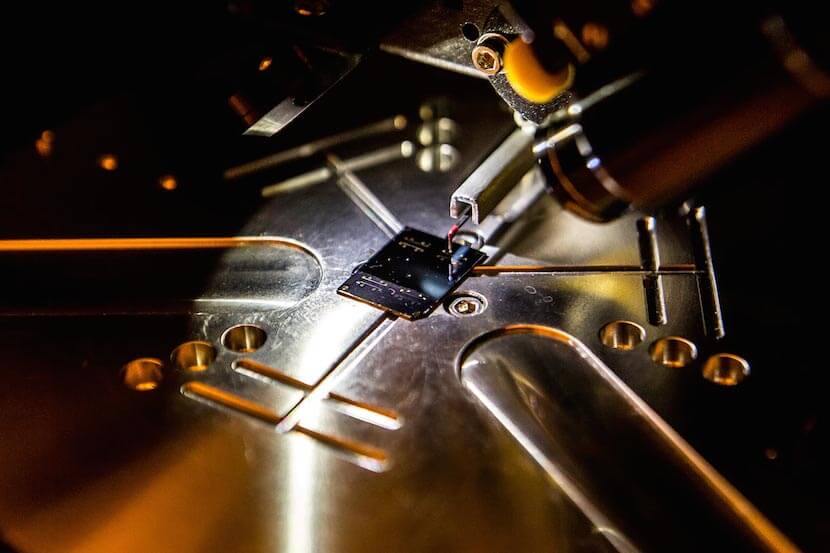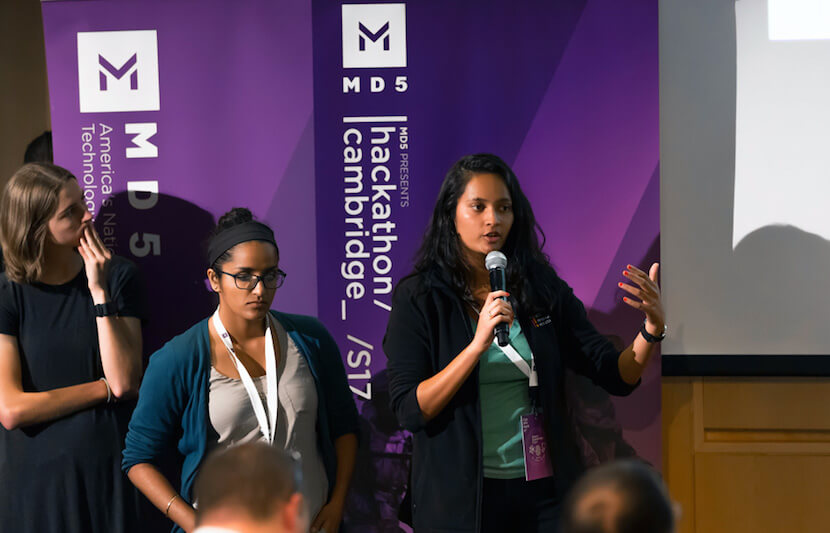-
A Symphony in Your Computer? University of Sydney Researchers Develop First Microchip That Stores Light As Sound
Scientists from The University of Sydney in Australia have created the world’s first hybrid microchip capable of transferring light waves into sound waves. Data, in the form of light waves, enter the chip via fiber optic cables, is transmitted across the cable along a thin wire in the form of acoustic waves, and is then… Read More
-
Stony Brook University Professor Leads Clinical Trial of E-Mental Health Tool for Astronauts
Adam Gonzalez, an assistant professor at Stony Brook University’s School of Medicine, is currently leading a clinical trial of an e-mental health tool, called myCompass, to determine if the tool would help relieve stress, anxiety and/or depression in astronauts. The goal of the clinical trial is to gather information on the delivery of e-mental health… Read More
-
MIT Researchers Discover New Method to Control the Stickiness of Freezing Droplets
Traditionally, when liquid droplets come in contact with a surface, they either stick to it, peel away, or bounce off. Understanding how droplets react to specific surfaces is very important for de-icing freezing rain, developing superior thermal spray coatings, and creating an effective additive process using molten metal. Now, a team of MIT researchers has… Read More
-
University of Maryland Undergraduates Develop Revolutionary Diagnostic Tool for Alzheimer’s
A team of seven undergraduate students from the James A. Clark School of Engineering at the University of Maryland (UMD) has invented a diagnostic tool capable of diagnosing Alzheimer’s disease before the symptoms show, which could revolutionize healthcare for patients with Alzheimer’s. Alzheimer’s disease is the sixth leading cause of death in the U.S. today,… Read More
-
University of Texas at Austin Researchers Invent Pen That Accurately Detects Cancer in 10 Seconds
A team of scientists and engineers at The University of Texas (UT) at Austin has invented a pen device capable of accurately identifying cancerous tissue in just 10 seconds. The MasSpec Pen will help surgeons pinpoint cancerous tissue during surgery, so they know where to cut or preserve. “One of the real problems in… Read More
-
Universities of Glasgow, Stratchclyde, West of Scotland and Galway Researchers Grow Bone with ‘Nanokicking’ Technology
Researchers from the Universities of Glasgow, Stratchclyde, West of Scotland and Galway are using ‘nanokicking’ technology to grow three-dimensional mineralized bone samples in their laboratory. Broken, sprained, or otherwise damaged sections of bone have long presented challenges for doctors, so this technology is poised to transform the lives of many patients worldwide. The study is… Read More
-
Arizona State University Researchers Use Neuroimaging to Solve Mystery Behind Self-Control
Self-control is a key factor of behavior, which can vary depending on the importance of a decision, or when the decisionmaker is asked to make a choice, according to researchers from Arizona State University (ASU), who used neuroimaging to arrive at their conclusion. The researchers plan to use this insight to explore brain function and… Read More
-
Tired of Traffic? Carnegie Mellon’s AI Traffic Tech Cuts Travel Times and Emissions
Scientists at Carnegie Mellon University (CMU) have installed smart traffic signals to monitor and conduct traffic lights at select intersections in a pilot area in Pittsburgh. The technology uses existing cameras and radar systems to track traffic in real time. Then, an artificial intelligence (AI) uses algorithms to determine the best way to move the… Read More
-
University of Adelaide Researchers Develop New Imaging Technique That Will Help Improve Embryo Selection for In Vitro Fertilization
A team of researchers, led by Dr. Melanie L. Sutton-McDowall from the University of Adelaide, has developed a new imaging technique that could improve the odds of reproduction in women needing In Vitro Fertilization (IVF) intervention. The technique will help IVF experts assess which embryos are the healthiest before implantation. The study is published in… Read More
-
New AZLoop Team Makes It to Top Eight In Its First SpaceX Hyperloop Pod Competition
AZLoop, Arizona’s SpaceX Hyperloop Competition Team, has made it to the top eight in the first competition it entered—SpaceX’s second Hyperloop Pod Competition. The team, which is made up of students from Arizona State University (ASU), Northern Arizona University, Embry-Riddle Aeronautical University, and Thunderbird School of Global Management, has demonstrated an impressive and inspiring performance.… Read More
-
Stanford University Researchers Create Cryptographic Technique to Protect Patient Privacy During Genome Analysis
Researchers at Stanford University in Palo Alto, California have recently engineered a breakthrough in their work with genome analysis. They have developed a cryptographic technique that will allow medical professionals to look through human genomes and find disease-related mutations without revealing additional details about the patient’s genomic sequences. The study is published in Science. The… Read More
-
University of Sydney and Nanyang Technological University Researchers Develop Zinc-Air Batteries That Make Recharging Easier
A team of chemical engineering researchers from the University of Sydney and Nanyang Technological University in Singapore have developed rechargeable zinc-air batteries that could replace lithium-ion batteries as the power source for electronic devices. Zinc-air batteries, as the name suggests, use zinc metal and oxygen as the source of their power. Zinc-air batteries have many… Read More
-
University of Central Florida Researchers Generate ‘Fastest Light Pulse’ Ever Created
A team of researchers at the University of Central Florida (UCF) has succeeded in generating a 53-attosecond X-ray flash, which is billed as “the fastest light pulse ever developed.” The team beat the record it set in 2012, during which it demonstrated a 67-attosecond extreme ultraviolet light pulse. The recent study is published in Nature… Read More
-
University of Michigan Researchers Develop Heat-Conducting Plastic That Could Have Major Technological Impact
A team of researchers at the University of Michigan (UM) have developed a technique to alter the molecular structures of plastics, or polymers, to make them more conducive to heat. Unlike traditional methods, this new technique of helping plastic throw off heat is inexpensive and scalable. This innovation holds great promise for engineering fields in… Read More
-
Functional Fabric Hackathon Inspires MIT and Drexel University Students’ Winning Ideas to Help Soldiers and Disaster Victims
Students from MIT and areas around Boston competed in a three-day hackathon to design functional fabric technology to aid soldiers, first responders, and victims of disaster. The hackathon was sponsored by the MIT Innovation Initiative, the Advanced Functional Fabrics of America Institute, and MD5, a partnership between the U.S. Department of Defense (DoD) and a… Read More

